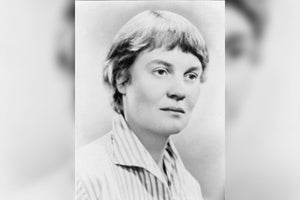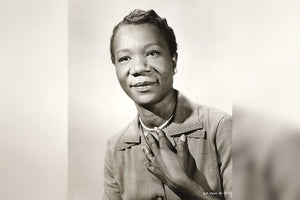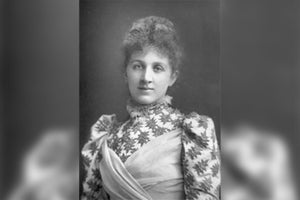Who was Hypatia?
Hypatia, also spelled Ipazia, was a Greek mathematician. She lived during the fourth and fifth Centuries in Alexandria, Egypt. She taught philosophy and astronomy, the motion of planets, the number theory and conic sections at the Neoplatonic School in Alexandria.
Dates: AD.350 – AD.415
Download the PDF with all the information below!

Download this biography for kids
5 facts about Hypatia
1. She was the daughter of Theon of Alexandria.
2. She was trained as a mathematician by her father and eventually replaced him as the leading mathematician of Alexandria and, indeed as the pre-eminent mathematician of her time.
3. She was the last major mathematician of the Alexandrian tradition.
4. She studied and taught neo-Platonist philosophy, and astronomy, and was generally regarded as an excellent teacher.
5. She died a particularly grisly death, probably in 415 CE, at the hands of a Christian mob. Some say her slaughter was instigated by Saint Cyril, Archbishop of Alexandria.
Inspirational Quotes from Hypatia
« All formal dogmatic religions are fallacious and must never be accepted by self-respecting persons as final. »
« To rule by fettering the mind through fear of punishment in another world, is just as base as to use force... Reserve your right to think, for even to think wrongly is better than not to think at all. »
« Reserve your right to think, for even to think wrongly is better than not to think at all. »
Biography
Hypatia’s Childhood and Education
Hypatia was a fortunate child, raised by her father, Theon of Alexandria, who was a teacher of mathematics at the Museum of Alexandria and a keeper of the library in Egypt. He was her tutor and teacher; he trained Hypatia in the fields of arts, literature, science and philosophy. She was also taught to work on her speech, which gave her the gift of being a great speaker.
Hypatia’s father also wanted to make sure she was physically fit and her physical education consisted of rowing, swimming and horseback riding.
She studied for some time in Athens where her talent for mathematics was proved; she excelled in all of her studies and became the greatest philosopher of her time.
A Woman Ahead Of Her Time
Not only was her mind very forward thinking but so was her behavior. Hypatia went against what was thought to be the norm for women’s behavior in public; she did not wear the usual women’s clothing but she wore that of scholars or teachers, she also moved around freely in her own chariot.
She held a high position as the head of the school where she taught and had a lot of political influence in the city.
The Great Teacher
When she returned from her studies in Athens, Hypatia was asked to teach at the Neoplatonic School of Alexandria.
She was loved and admired by her students and people came from all over the world to hear her lectures.
A lot of what we know about her is from letters that were written by some of her most famous students, like Synesius of Cyrene, who became a very wealthy and powerful Bishop of Ptolmais; He wrote a letter to one of his schoolmates talking about Hypatia, calling her the “true and real teacher of the mysteries of philosophy”.
Hypatias students fled to Athens, where the study of mathematics would later flourish. The Neoplatonic School continued in Alexandria until the Arab invasion.
The Destruction of Knowledge
“Hypatia”, at the Haymarket Theatre, January 1893
The library of Alexandria was a bubble of cultural knowledge, where many of the most famous thinkers studied. It is said that it held 50,000 books on its shelves.
Hypatia was happiest when she was in the library, surrounded by texts in mathematics, astronomy, physics, natural sciences and other subjects, including a lot of her fathers and her own work.
When the Arabs invaded Alexandria in 642 AD, the library was burned to the ground and with it all of Hypatia's works. All we know about her writings today is when others of her time spoke of her work.
Hypatia found herself caught in the middle of a struggle between two powerful figures in Alexandria, namely, Orestes the civil authority (and her friend) and Cyril the bishop.
It was a time of great turmoil, as the people of Alexandria were being divided by their different religions.
Hypatia had Greek beliefs and at the time there was a stronger Christian following. This led to the eventual murder of Hypatia on the 8th of March, 415 AD in the streets of Alexandria.
However, Hypatia lives on in her legacy and a lunar crater was named in her memory. And so she lives on forever sitting on the moon and looking at the stars in deep thought, as she once did.
![]() Fast Shipping
Fast Shipping![]() Subscribe to our Newsletter
Subscribe to our Newsletter![]() 🌟 New Global Competition 🌟
🌟 New Global Competition 🌟
















